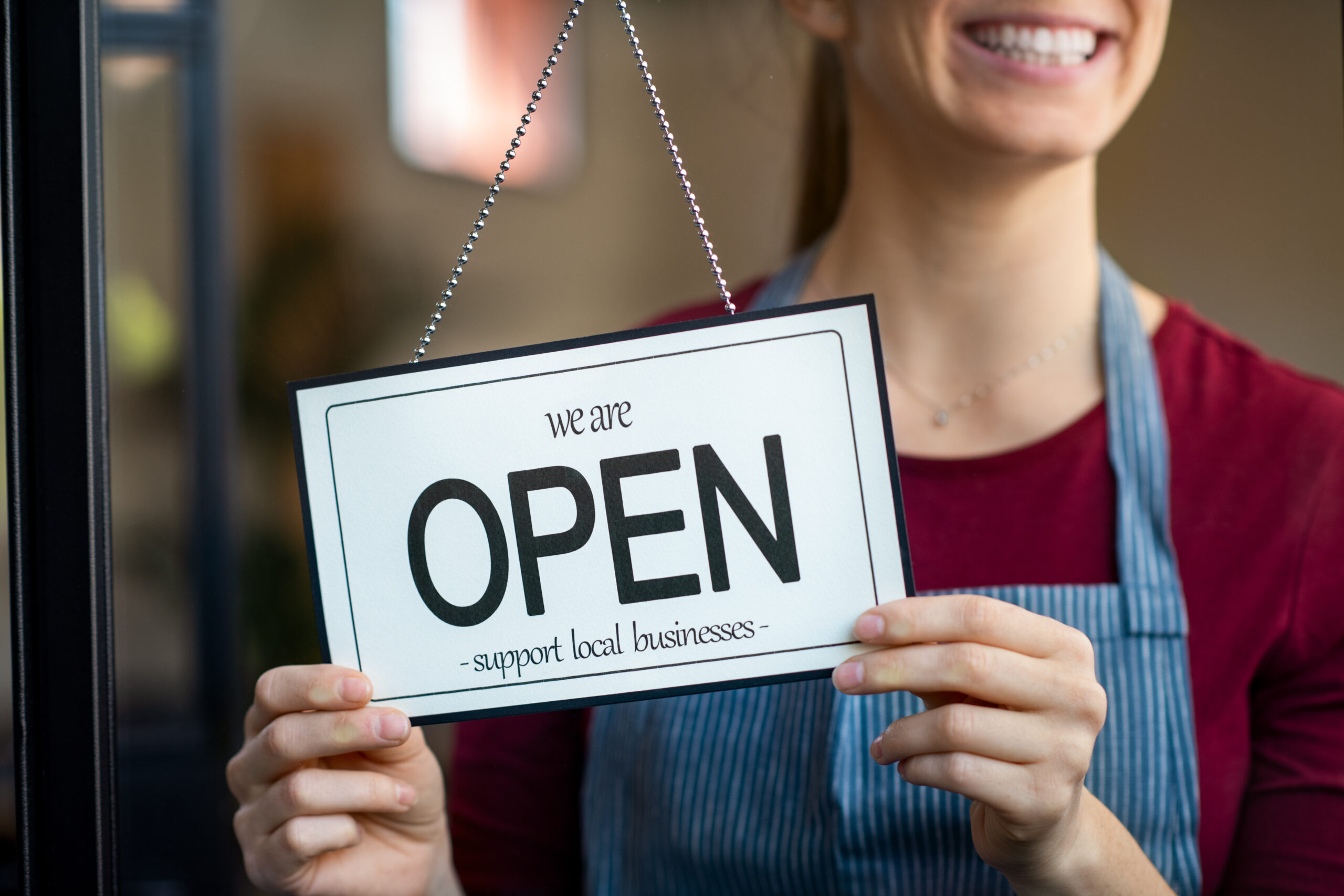What is economic nexus?
Nexus is defined as a connection between two entities or concepts. Economic nexus is a connection between a business and a state’s sales tax rules which, when present, require a business to adhere to those rules. Before the 2018 landmark case South Dakota v. Wayfair, Inc., most states required sales tax to be collected only if a business had a physical presence in the state. Today, physical presence nexus has been joined by economic nexus, which applies to both brick-and-mortar and online sellers.
What triggers economic nexus?
The rules for economic nexus vary from state to state. Over half of the states that collect sales tax have adopted South Dakota’s original thresholds of $100,000 in sales or 200 separate transactions. In this case, meeting either criteria triggers the requirement to collect sales tax in that state. Some states that initially had a transaction limit have since dropped it and now have only the $100,000 threshold, while a few others have adopted an even higher dollar limit. The main concern when you are dealing with economic nexus is awareness. Sellers need to be aware of the thresholds in each state in which they sell, as well as their sales levels.
Selling through a marketplace
Over the last few years since the Wayfair case was decided, states have passed marketplace facilitator laws. These laws require marketplace facilitators such as Amazon, eBay, and Etsy to collect and remit sales tax on behalf of the business selling the products. This process benefits small businesses by alleviating the burden of collecting and remitting those taxes themselves, and benefits states because it increases the rate of compliance and they do not need to collect the tax from as many retailers.
Consider a nexus analysis to evaluate sales tax exposure
Navigating the intricacies of multiple states’ sales and income tax regulations can be cumbersome to a business owner. At Yeo & Yeo, our State and Local Tax team works with businesses to evaluate risk regarding their sales tax collection obligations, as well as potential income tax exposure, by providing a nexus analysis. We analyze sales by state in conjunction with other business activity to gauge potential sales and income tax exposure and then evaluate solutions to gain compliance with the least side effects. We not only help with registration automation, but also with voluntary disclosure agreements and other state correspondence.
Learn more about nexus from episode 14 of Yeo & Yeo’s Everyday Business podcast, where host David Jewell, a tax partner in Kalamazoo, is joined by Kelly Brown, a tax manager in our Saginaw office. Listen in as David and Kelly discuss everything sales tax, the rules and regulations, and how it has changed since the Wayfair ruling.
We are also available to discuss your business operations and determine whether an in-depth analysis is warranted. Please reach out to us at 800.968.0010.

